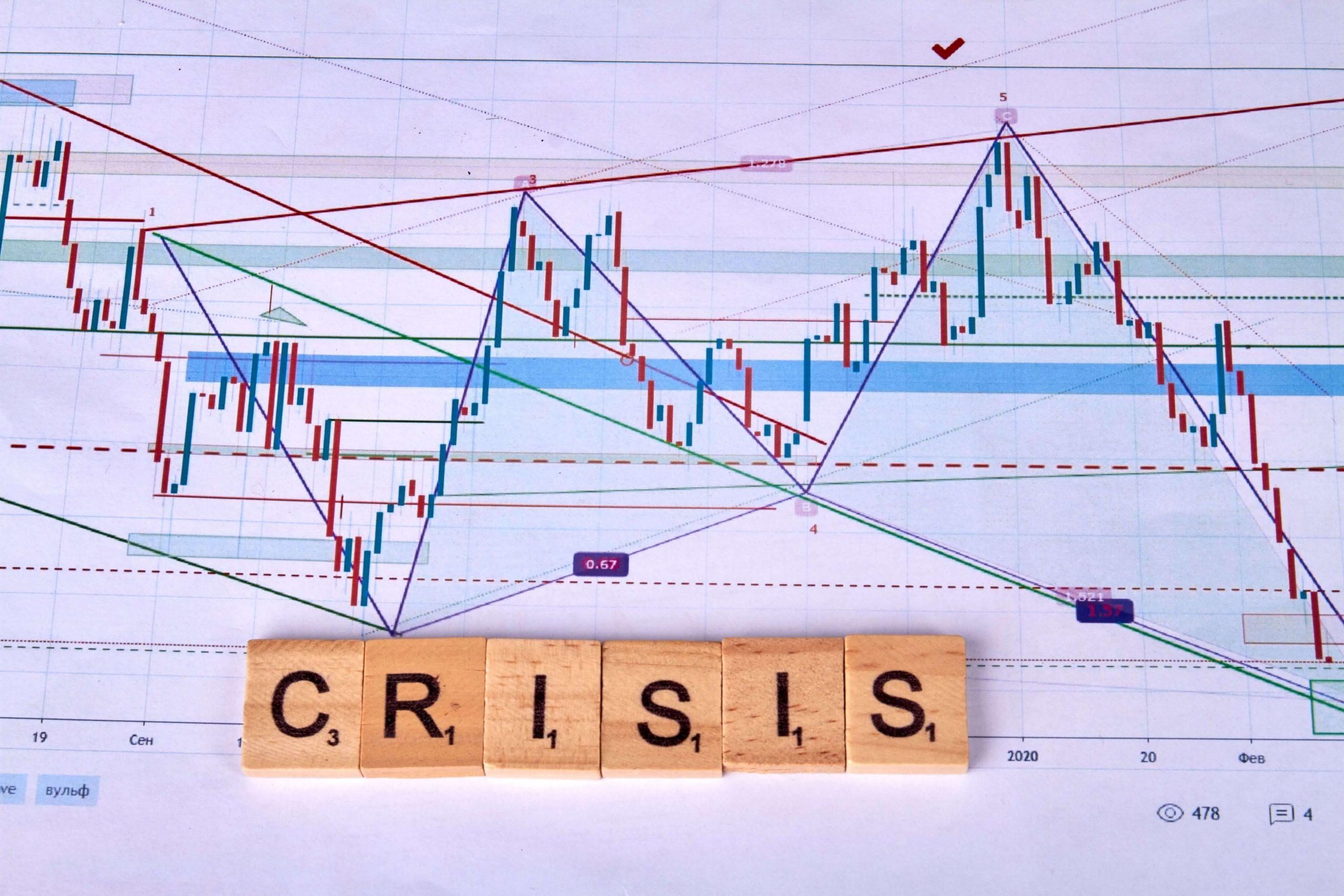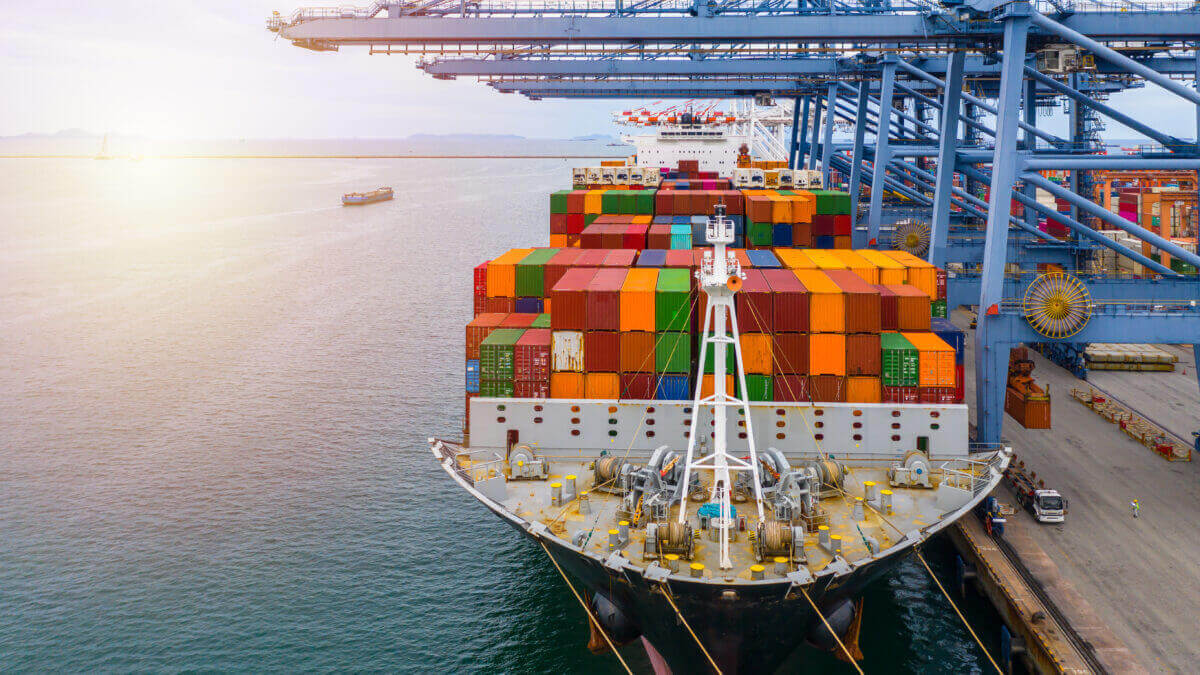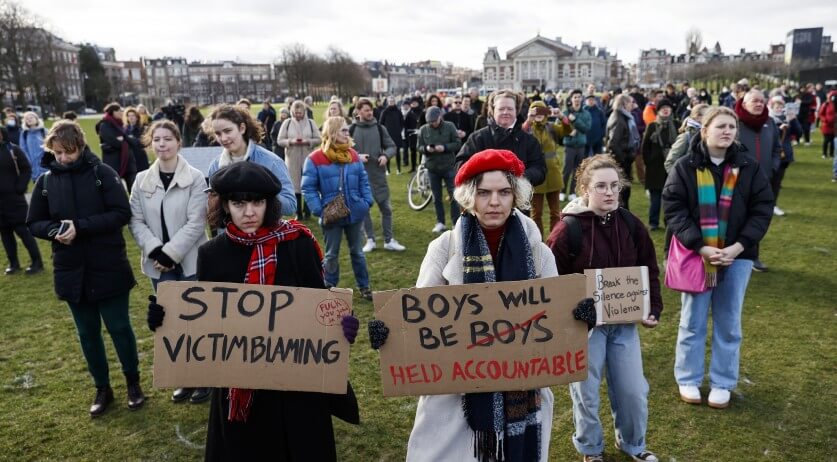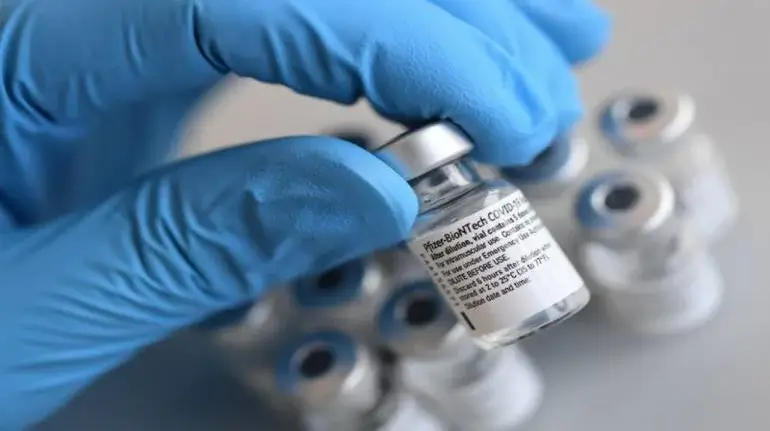Sri Lanka will restrict fuel imports for the next 12 months as it is facing a severe shortage of foreign exchange, Minister of Power and Energy Kanchana Wijesekera has said while announcing a rationing system for the distribution of fuel across the crisis-hit island nation.
Sri Lanka, a country of 22 million people, is under the grip of an unprecedented economic turmoil, leaving millions struggling to buy food, medicine, fuel and other essentials.
The severe foreign exchange shortage has hampered the import of fuel and other essentials in the country reeling under the worst economic crisis in seven decades.
Taking to Twitter on Monday, Wijesekera said a QR system has been introduced as the daily fuel demand cannot be fulfilled.
QR system was introduced since the daily fuel demand cannot be fulfilled. Due to Forex issues, Fuel imports have to be restricted in the next 12 months, he said.
Ceylon Petroleum Corporation (CPC) has never distributed Fuel daily to Every single Fuel Station. Practically not possible even when stocks are unlimited, he said.

With the government hard pressed to pay for fuel imports due to the severe forex crisis, it introduced a fuel pass scheme on Saturday where the issues would be rationed under a limited weekly quantity.
Since June 27 the government has stopped fuel supplies and restricted essential services.
In a series of tweets, the minister explained the implementation of the National Fuel Pass.
The National Fuel License (QR) will be implemented from July 26 at several CEYPETCO and the Lankan Indian Oil Company (LIOC) petrol stations across the country. This system will be in effect until August 1 with the last digits of the number plate, he said.
Filling stations not equipped or having technical difficulties will follow the last digit system and fuel quota allocation until the technical issues are rectified, he said, adding that 60 per cent of the locations had already been equipped and tested and will be given a priority in fuel distribution.
All petrol station owners of CEYPETCO and LIOC are requested to adopt QR system immediately and distribution will be strictly enforced to fuel stations with the QR facilities by 1st of August. We request the public to register with National Fuel Pass and support the initiative, he said.
Options will be given to users to register multiple vehicles with their business registration by the end of the week and to Government institutes to register. Divisional secretaries will be given access to the platform to register generators, gardening equipment and other equipment, he said.
Wijesekera said the police department and divisional secretaries will be given access to register three-wheelers, allocating each three-wheeler to one specific fuel station.
Other services such as Health, Agriculture, Fisheries, Tourism, Industries and service providing sectors will be given access to the system to register their requirements and allocation of vehicles at fuel stations, he said.
From the 1st of August only the QR system quota will be in place and the last digit of the number plate system and other allocations will be invalid. National Youth Corp and National Youth Council members and volunteers will assist the program at fuel stations for the next 10 days, the minister said.
In crisis-hit Sri Lanka, many incidents of violence have been reported at fuel queues and nearly 20 people have died of exhaustion after spending several days continuously in the fuel queues.
Since the beginning of this year, Sri Lanka relied on an Indian line of credit to fund fuel purchases.
Sri Lanka, which relied on an Indian credit line for fuel imports till February, has now exhausted the facility. The last fuel shipment under the Indian Credit Line arrived on June 16.
Sri Lanka’s fuel and energy sectors are the worst hit by the forex shortages triggered by the unprecedented economic crisis.
The government declared bankruptcy in mid-April by refusing to honour its international debt. The situation created a thriving black market where people paid to secure a place in the queue and fuel was sold 4 times higher than the legal retail price.
Former President Gotabaya Rajapaksa was forced out of power last week due to his poor handling of the economy.














